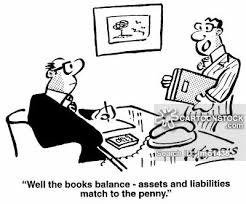Buying property or a new home in a foreign country can be a scary proposition. Costa Rica has recently made changes to their Consumer Protection Law, and the law will now include protection for sales and contracts for sales of real estate. The Ministry of Economy, Industry, and Commerce (MEIC) will now require that all property developers who plan to offer pre-construction sales contracts must prove they have the financial capacity to do so. The MEIC may even demand performance bond guarantees.

This new expanded Consumer Protection Law will also provide even greater protection for buyers with an 8-day ‘cooling off’ period. In this way, any buyer may cancel the purchase contract without liability if they notify the property developer within 8 days after signing the sales contract.

Any property developer who wishes to generate sales from homes, apartments, or condominiums that include a future delivery date will be required to register with MEIC. Upon registration with MEIC, they will be expected to submit their corporation details, as well as those of their legal representatives. They will also be required to provide audited financial statements with a proven balance sheet, as well as disclose any financial constraints such as mortgages or promissory notes that might hinder the property. To ensure that any commitments made will be met, the property developer must also submit information about the guarantee bond. Also, a copy of the sales contract with the buyer must be submitted to MEIC.

This expanded Consumer Protection Law will certainly make some important and necessary changes in the Costa Rican real estate market. In the past, there were very few regulations regarding pre-construction sales contracts, and many developers used this omission to their advantage. During that boom time prior to 2008 when Costa Rica was considered one of the most dynamic markets in Central America, and even the world, real estate developers with little experience proposed any number of development projects. Many had very little experience with property developments in general, or specifically in Costa Rica. Many would accept buyer’s deposits, make promises for future developments, and left many buyers with very little in return. And very little they could do about it.
This revised Consumer Protection Law will make all of that a real estate nightmare of the past. Future buyers can now feel much more secure, and well protected regarding real estate purchases in Costa Rica.
Daniel Yepez is an avid consultant for the International Real Estate industry and a leading expert in Costa Rica’s development sector. “Navigating in Costa Rica’s real estate market can seem daunting and at times it is…knowing your way around and having the right contacts can make a huge difference in delivery times and bottom line.”, stated Mr. Yepez.
Contact us for more information on real estate options and opportunities in Costa Rica.
